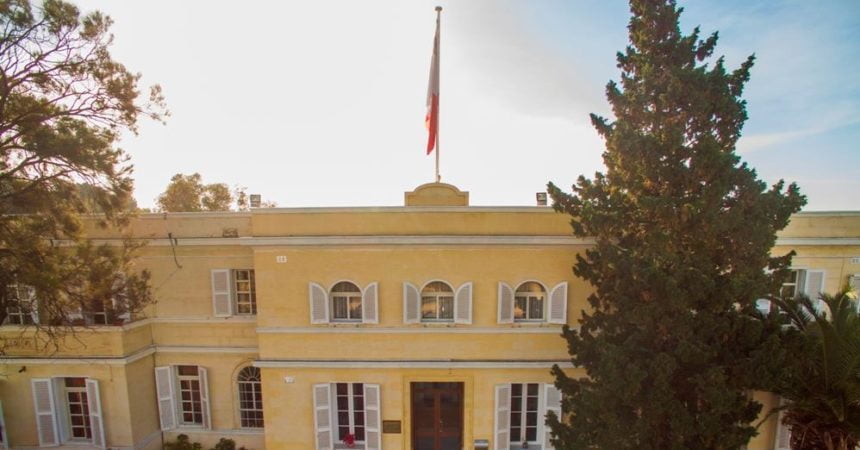The National Audit Office (NAO) has issued another report which, among other concerns, sheds light on yet more procurement procedure breaches within government entities and departments.
The issues, which come from 38 reports on the operations of several government departments and entities in 2019, included numerous procurement breaches, such as resorting to direct orders without the necessary approvals, signing agreements following the commencement of works, not acquiring services through tenders despite exceeding the procurement thresholds, and not publishing direct orders in the Government Gazette as dictated by law, among others.
In the report issued on Wednesday, the result of an audit of Malta’s public service, arrears amounting to €5.1 billion were highlighted – a €906 million increase from last year, and an amount dominated by non-collectable arrears (totalling some €744 million).
Hundreds of recommendations were given by the office to amend all the issues identified throughout the report – procurement shortcomings being one of the most common. The report comes merely days after the publishing of a report by the same office which noted a similar weakness within local councils throughout the same year – they did not always acquire goods and services in adherence with procurement issues.
The Malta Financial Services Authority (MFSA) was not in line with Public Procurement Regulations after a number of sampled goods and services were procured directly from the open market without necessary approvals. At the time the audit was done, variations were not published in the Government Gazette, the report noted.
The Shift has shown how a direct order to Saviour Balzan’s Media Today for ‘positive content’ for MFSA through publications including Malta Today and Business Today was not published in the Government Gazette. Questions sent by The Shift to the MFSA showed Allied Newspapers Limited (publishers of The Times of Malta) and Standard Publications Limited (The Malta Independent) also had similar deals.
The NAO reminded the authority that “bypassing procurement regulations results in unfair competition between other potential service providers. Thus, procurement by direct order should be limited to exceptional cases and, if deemed justified, approval is to the be invariably sought from the Finance Ministry before any commitment is entered into”.
An audit into the Police Department found that six procurement cases sampled, amounting to €152,924 excluding VAT, were not acquired through a departmental tender despite each exceeding the threshold of €10,000.
In another case, the office found that the extension to the contracts for security services at the Agency for the Welfare of Asylum Seekers (AWAS) was not in line with the regulations, while procurement of medical services was not supported by any documentation. In some cases, the audit found that procurement regulations within AWAS were bypassed due to “claimed urgency,” the report said.
Shortcomings in procurement processes were also found at Mount Carmel hospital, which has been operating with a running deficit, leading to an adverse working capital of €11,824,230 registered at the beginning of 2019.
Public procurement regulations were also not always followed by the Foundation for Tomorrow’s Schools when designing and building a primary school in Marsascala.
The Institute for Education was also found to have “not strictly followed” the regulations. Similarly, an audit at the Lands Authority revealed instances where three out of seven sampled services were procured directly from the open market without the approval of the Finance Ministry.
On Friday, Auditor General Charles Deguara emphasised the need for transparency within tendering procedures in the public inquiry into the assassination of journalist Daphne Caruana Galizia, telling the board that issues linked with corruption can begin from the tendering procedure.
“Sometimes, the tender will ask for one thing, and the final result will be something completely different,” Deguara said.
He said that in such processes, the more bidders there are, the better for competition. Once bids are submitted, a fair and transparent adjudication process should take place.
Once again, the findings of this new report echo procurement procedure behaviour by the government.
In November, The Shift reported that Gozo Minister Clint Camilleri spent €7 million of taxpayer funds on direct orders during the first six months of the year. An analysis by this website showed that almost all procurement by the government in Gozo, bar a few exceptions, is being made through direct orders, with no competition whatsoever and on the direct instructions of the Minister or his team.
Other shortcomings identified throughout the report include weak internal controls, the collection of pending citations and deferment of payments, among others.













